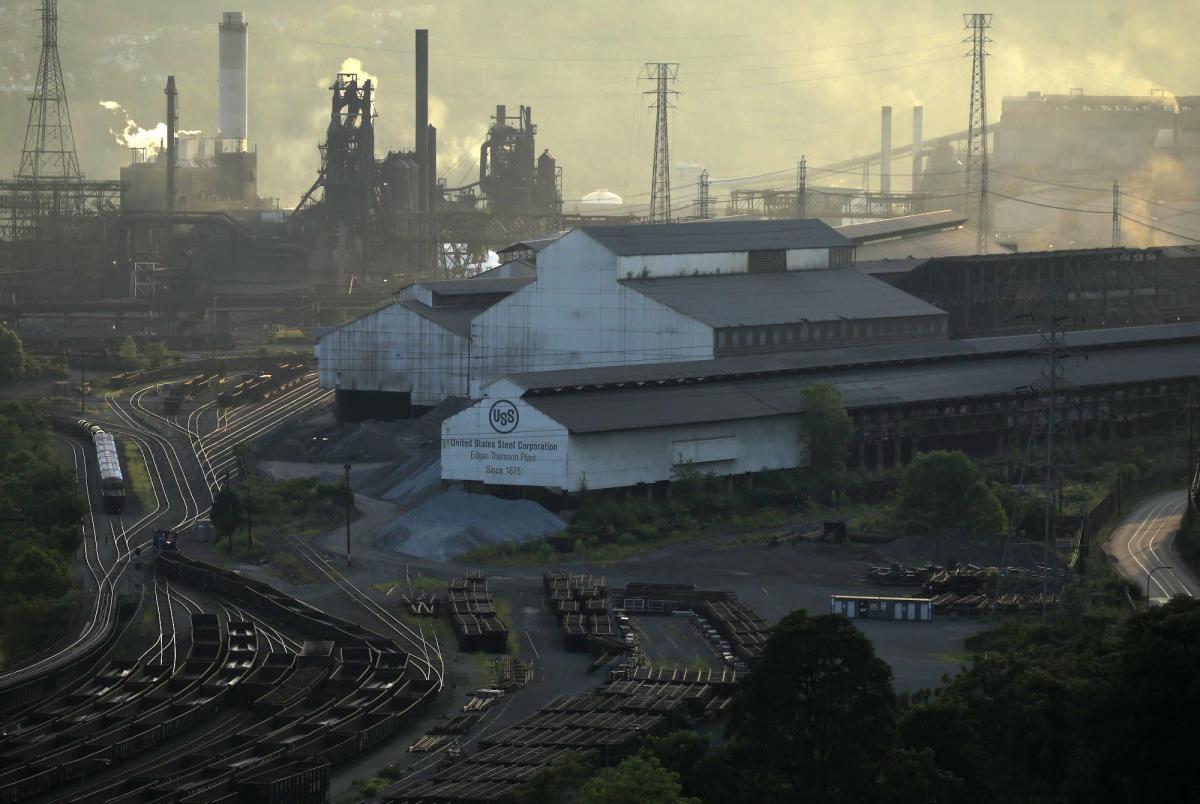
(Bloomberg) — U.S. Steel Corp. shares slumped after its earnings outlook fell short of analyst expectations, amid softer early-year demand and prices that have slipped from last year’s highs.
The Pittsburgh-based company forecast adjusted earnings of $2.96 to $3 per share, below the Bloomberg consensus analyst estimate of $3.77. Average prices for steel so far this quarter are down more than 30% from the last three months of the year, dragging down earnings for U.S. producers. The announcement comes after Nucor Corp., the largest U.S. producer, also gave a weaker-than-expected outlook, citing reduced profits from its steel mill output.
While shares sank as much as 5.6% in trading after regular exchange hours, it’s widely known in the industry that the first quarter of the year is typically slow for steel companies as construction doesn’t begin to pick up until the spring. Benchmark prices have rebounded more than 10% since Russia invaded Ukraine, in part due to the expectations that U.S. imports from the region will shrink, boosting the need for more domestically produced metal.
“At the beginning of the year, we communicated expected market softness for the first quarter, along with the normal seasonal impacts related to our mining operations,” Chief Executive David Burritt said in a statement. “We expect improving market conditions to continue into the second quarter.”
Further indicating an improving outlook, Burritt said that immediate demand for steel delivery is accelerating and said that its Arkansas mill has the longest order backlog since October. Hot-rolled coil prices for May shipments of steel are trading at about $1,560 per ton, almost 40% higher than for this month.
One thing investors will keep an eye on during the earnings season is more commentary from producers around raw material costs. Pig iron, a key feedstock for many mills in the U.S., has about doubled in price to more than $1,000 a ton, according to Wolfe Research. The surge in price coincided with Russia’s invasion of Ukraine, as the region accounts for about two-thirds of U.S. imports.
“Russia’s invasion of Ukraine has kicked off concern over both demand and supply, with uncertainty over auto components and bigger risk of a European recession,” Timna Tanners, an analyst at Wolfe Research, wrote in a note about Nucor to clients.
©2022 Bloomberg L.P.